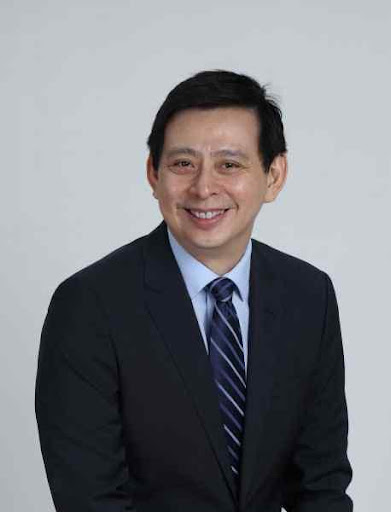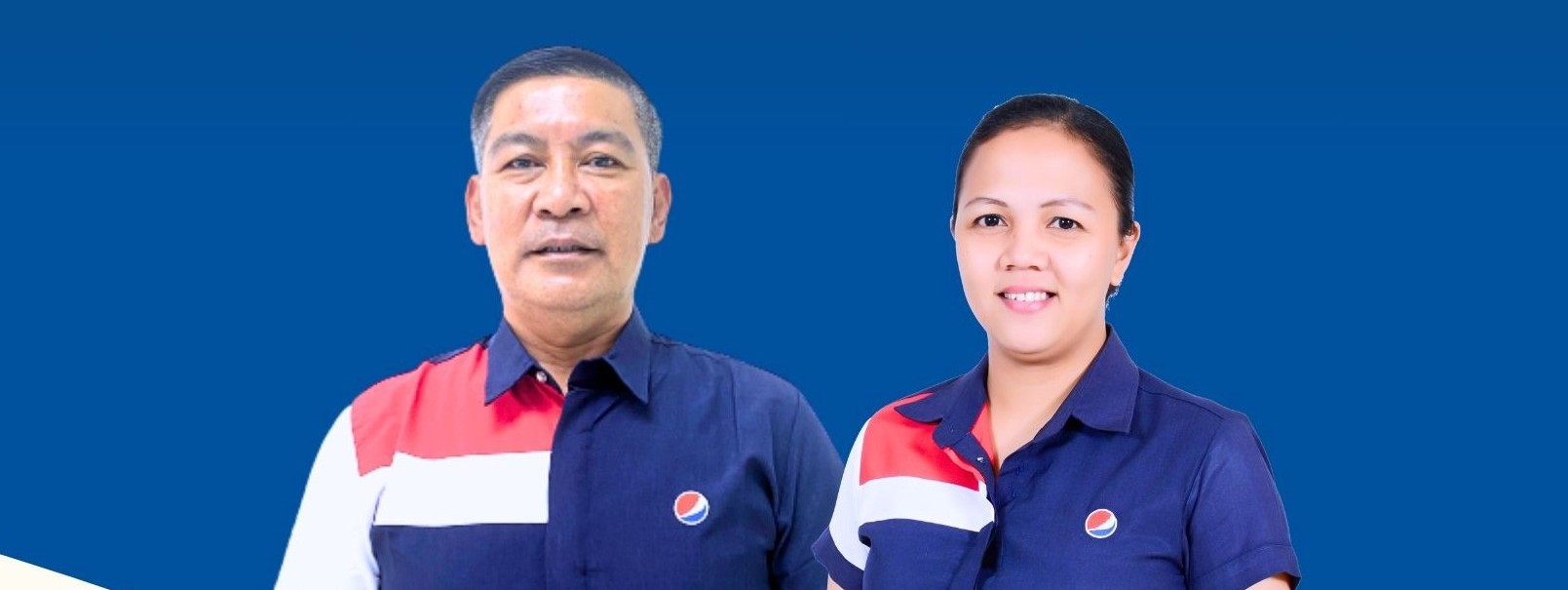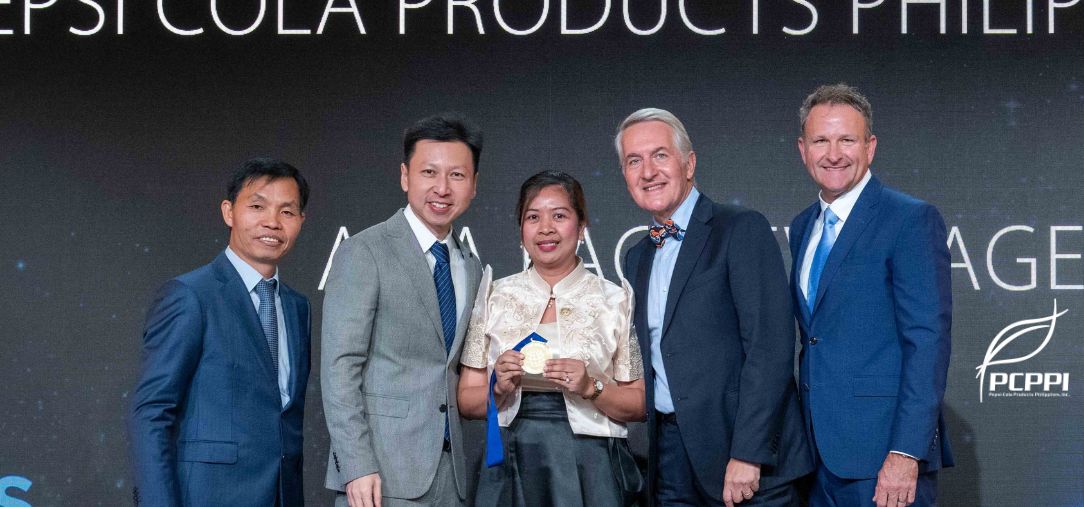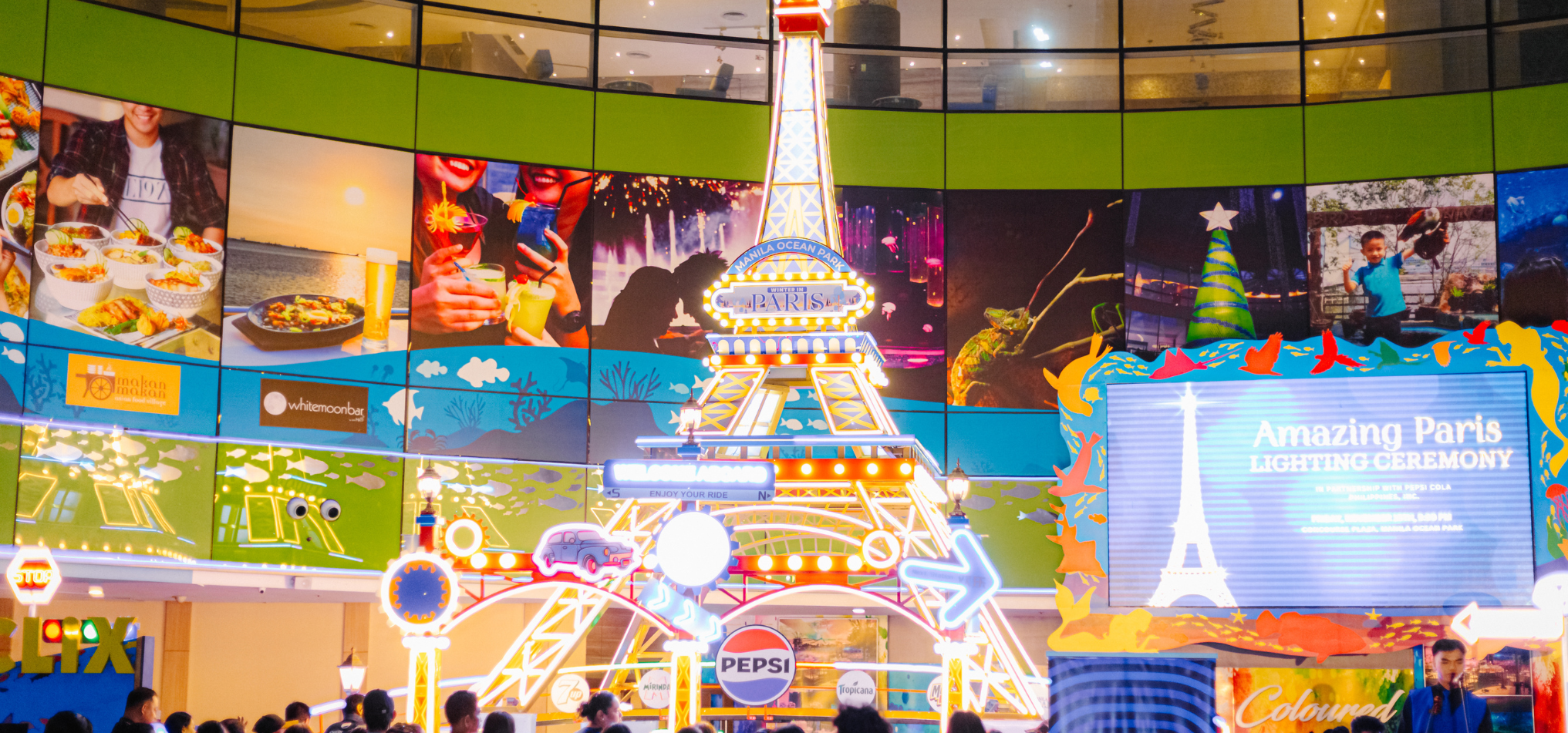
Business as usual under a new reality by: Frederick D. Ong
To say that it is business as usual these days is almost impossible for most companies. In the time of a global pandemic of this scale, businesses—whatever the industry—are navigating unchartered waters that seem to be a first for most of us to work around, given the limitations and restrictions in movement.
There’s the extended enhanced community quarantine, total lockdown in some areas, or general community quarantine in some, limited manpower, closed stores, depleting resources due to paused operations and manufacturing of products, among many others, which are clearly causing an economic downturn with financial losses left and right. And the effects of the COVID-19 outbreak don’t discriminate, as startups, SMEs, and big companies are on the same boat at this time.
Even for sectors considered as essential goods, there’s a lot of learning and adjusting that we need to do—from re-planning business calendars to fit our “new normal” to implementing contingency plans and activating risk management committees to, at least, manage the potential threats and problems that may arise during this health crisis. This is because we need to continuously deliver our products and services to areas that would need us most.
In our case, since Pepsi Cola Products Philippines, Inc. (PCPPI) is a company engaged in the business of Manufacturing and Distribution of Basic Commodities—such as water, juices, hydration drinks, and other carbonated beverages—we are tasked to continuously operate our manufacturing plants.
As we would need the service of some of our people to heed the call of the government to ensure that basic commodities, such as food and beverages, are delivered and made accessible to the Filipino people, PCPPI implemented various flexible work arrangements, including days of plant closure in select areas and the use of a skeletal workforce to support our operations, as we remain committed to deliver high-quality products to our countrymen. Work-from-home arrangements are also made available to employees.
These efforts are coupled with continuous health advisories to ensure the safety, health, and well-being of our people. But operating in an uncontrollable environment, such as that we are currently in, is harder than it seems. When I was appointed as the new president and CEO of PCPPI in February of this year, I had clear visions in mind—for PCPPI to continue hitting growth targets, while championing sustainable practices and advocacies, to develop stronger work culture and ethics, and to continue growing the company for our people, the nation, and the generations to come.
But as the saying goes, “plans don't always go as planned.”
Meaningful changes
Now, we are operating via new ways of working and systems we never thought possible before. This is us adjusting quickly to the changing needs of our people, customers, and other stakeholders while managing financial and operational difficulties. We developed community consumer programs to satisfy direct consumer requirements ensuring safe practices for our employee protection. This is us operating in a VUCA (volatility, uncertainty, complexity, and ambiguity) world where we need to adapt swift decision-making to manage risks and present opportunities, despite the threats of lost revenue and added expenses.
But it is during these times that we are given the chance to turn challenges into meaningful changes to give back to the communities and save more lives. True to what we espouse as the bayanihan spirit, all plants of PCPPI have initiated donation drives for the benefit of the country’s unsung frontline heroes such as medical professionals and those who are manning checkpoints during the time of the COVID-19 pandemic. We have donated more than 6 thousand cases of drinks and lent to local government units tents for the use of frontliners across regions. We have also provided our important beverages to COVID centers and hospitals because this is our way of showing that PCPPI and our employees truly care.
The water tanks we donated to Marawi last year, as part of the ‘Water for Peace in Marawi’ project, are also being used in the quarantine facility in Marawi for their water needs. Likewise, we continue to take part in programs related to Water, Sanitation, and Hygiene (WaSH) activities for children, as handwashing becomes all the more critical these days.
And then we ask, when will normal operations resume? As far as the business sector is concerned, we still don’t know. But almost all of us, our competitors included, are now openly sharing best practices and resources to respond to the immediate needs of the nation and the world.
This is continuing our businesses in unusual times because we hope to fulfill our commitments to the people we serve.
Clearly, the plan is to continue moving forward. Although recovery would take time, at least we are all doing our best to win this battle together. This is us now saying that it may still be business as usual for us, albeit under a new reality.
There’s the extended enhanced community quarantine, total lockdown in some areas, or general community quarantine in some, limited manpower, closed stores, depleting resources due to paused operations and manufacturing of products, among many others, which are clearly causing an economic downturn with financial losses left and right. And the effects of the COVID-19 outbreak don’t discriminate, as startups, SMEs, and big companies are on the same boat at this time.
Even for sectors considered as essential goods, there’s a lot of learning and adjusting that we need to do—from re-planning business calendars to fit our “new normal” to implementing contingency plans and activating risk management committees to, at least, manage the potential threats and problems that may arise during this health crisis. This is because we need to continuously deliver our products and services to areas that would need us most.
In our case, since Pepsi Cola Products Philippines, Inc. (PCPPI) is a company engaged in the business of Manufacturing and Distribution of Basic Commodities—such as water, juices, hydration drinks, and other carbonated beverages—we are tasked to continuously operate our manufacturing plants.
As we would need the service of some of our people to heed the call of the government to ensure that basic commodities, such as food and beverages, are delivered and made accessible to the Filipino people, PCPPI implemented various flexible work arrangements, including days of plant closure in select areas and the use of a skeletal workforce to support our operations, as we remain committed to deliver high-quality products to our countrymen. Work-from-home arrangements are also made available to employees.
These efforts are coupled with continuous health advisories to ensure the safety, health, and well-being of our people. But operating in an uncontrollable environment, such as that we are currently in, is harder than it seems. When I was appointed as the new president and CEO of PCPPI in February of this year, I had clear visions in mind—for PCPPI to continue hitting growth targets, while championing sustainable practices and advocacies, to develop stronger work culture and ethics, and to continue growing the company for our people, the nation, and the generations to come.
But as the saying goes, “plans don't always go as planned.”
Meaningful changes
Now, we are operating via new ways of working and systems we never thought possible before. This is us adjusting quickly to the changing needs of our people, customers, and other stakeholders while managing financial and operational difficulties. We developed community consumer programs to satisfy direct consumer requirements ensuring safe practices for our employee protection. This is us operating in a VUCA (volatility, uncertainty, complexity, and ambiguity) world where we need to adapt swift decision-making to manage risks and present opportunities, despite the threats of lost revenue and added expenses.
But it is during these times that we are given the chance to turn challenges into meaningful changes to give back to the communities and save more lives. True to what we espouse as the bayanihan spirit, all plants of PCPPI have initiated donation drives for the benefit of the country’s unsung frontline heroes such as medical professionals and those who are manning checkpoints during the time of the COVID-19 pandemic. We have donated more than 6 thousand cases of drinks and lent to local government units tents for the use of frontliners across regions. We have also provided our important beverages to COVID centers and hospitals because this is our way of showing that PCPPI and our employees truly care.
The water tanks we donated to Marawi last year, as part of the ‘Water for Peace in Marawi’ project, are also being used in the quarantine facility in Marawi for their water needs. Likewise, we continue to take part in programs related to Water, Sanitation, and Hygiene (WaSH) activities for children, as handwashing becomes all the more critical these days.
And then we ask, when will normal operations resume? As far as the business sector is concerned, we still don’t know. But almost all of us, our competitors included, are now openly sharing best practices and resources to respond to the immediate needs of the nation and the world.
This is continuing our businesses in unusual times because we hope to fulfill our commitments to the people we serve.
Clearly, the plan is to continue moving forward. Although recovery would take time, at least we are all doing our best to win this battle together. This is us now saying that it may still be business as usual for us, albeit under a new reality.



